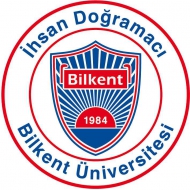ENG 101/102 courses are designed to help you expand the range and accuracy of your academic vocabulary. Course materials contain many of the words found on the Academic Word List (the AWL), which is comprised of 570 word “families” that form a core academic vocabulary necessary for general academic study (for more information, see the video “What is the AWL?” below). Why not have a look at the list at one of the links below and note how many of the words you don’t yet know?
- All 570 families/3000 words and ideas for studying them at the Using English for Academic Purposes (UEfAP) website: http://www.uefap.com/vocab/select/awl.htm
- The Academic Word List and 10 Sub-lists can be found at: http://www.victoria.ac.nz/lals/resources/academicwordlist/sublists
Learning all of these words will certainly help improve your comprehension of academic texts and your ability to write in an academic way. It would be inadvisable, however, to simply try and memorize the whole AWL out of any context. The best way to use it is as a resource, combined with learning tools including:
- EAP Foundation’s AWL Highlighter (see the video tutorial below): https://www.eapfoundation.com/vocab/academic/highlighter/
- Lextutor’s AWL Highlighter: http://lextutor.ca/vp/eng
- Academic Word List exercises and General Word List exercises from English Vocabulary Exercises: http://www.englishvocabularyexercises.com/academic-word-list/
